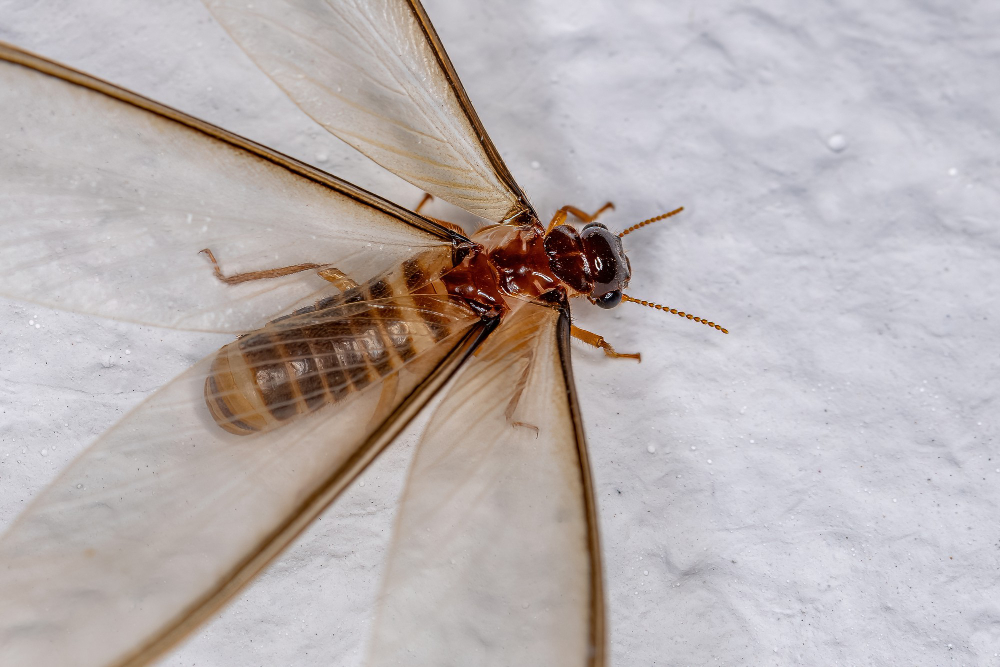Bugs fly because of their wings. Without them, it’s impossible to fly.
So why do some bugs lose their wings?
Termites are one of those species that lose wings. Why do they do so? Is it some kind of sign? Do wings have much more importance?
Important Note: If you're tired of pests and want a reliable solution, then you should definitely consider seeking help from a professional pest control company. DIY solutions can be effective, but if you're dealing with a significant pest infestation, you don't want to rely solely on DIY methods. Pest control companies typically don't charge huge fees. You can fill out this form to receive free quotes from the top local pest control companies, and compare the quotes and see for yourself. Then, finally, your pest problems will be eliminated for good.
Maybe flying is just not an ordinary thing for termites.
All these questions related to termites and their wings will be answered here.
This article will deal with the importance of wings and the reason why termites lose them.
Do All Types of Termites Have Wings?

Here, types of termites mean drywood, subterranean and damp wood termites. So the answer to this question is yes. All types of termites have wings.
But not all castes of termites have wings. A termite colony is divided into three castes- soldiers, workers, and alates.
The soldiers’ job is to protect the colony from any kind of attack while the workers have to maintain the colony and look for sources of food.
Both these castes are non-winged termites i.e they do not have wings.
The third caste is of alates, it is also known as the reproductive caste. It consists of swarmers, a king, and a queen. All these termites have wings, thus making alates winged termites.
Importance of Wings
Flying is one of the most important processes of a termite’s life cycle. They don’t fly randomly. They fly when there is a need for expansion.
Without wings they cannot fly, so we can say that wings play an important part in their expansion.
Termites usually leave their colony when there is no space for the next generation. They leave their old nest and start flying in search of a new location. This process is known as swarming.
After finding an appropriate place, termites search for mates and after finding one, begin their reproduction process. Thus, developing a new colony.
All the termites fly in groups. These termites that perform swarming are known as swarmers. These swarmers come under the reproductive caste and are also known as alates.
So we can say, the wings are a must for increasing the number of termites.
Why Do Termites Lose Their Wings?

After finding a suitable location, the next job is to look for an appropriate partner. Once the male locates a female he likes, they both break off their wings showing that they are now a couple.
Termites losing their wings is a sign of the start of a new termite colony. It signals that termites have found their partners and are ready to reproduce.
These lost wings are often used as a sign of an infestation. Homeowners usually look for these wings to confirm the presence of termites.
Conclusion
Swarming is the most important practice for termites as it is responsible for their expansion. The caste that has got wings is responsible for increasing the number of termites.
They don’t fly without a purpose. They do so when there is a requirement for growth and development. When the food and space are not sufficient for the colony, termites look for another nest.
Thus we can say flying is very necessary for them. Without wings, flying is impossible so we can conclude that wings are very important to the termite species, and losing these wings is a sign of the completion of their purpose.

